Aida Daily: FTC Probes Microsoft AI / Canadian News Sues OpenAI / AMOC Climate Crisis Revealed
Aida Daily
Hello, curious minds! Today, the FTC dances with Microsoft's AI ambitions, Canadian news titans clash with OpenAI, and Japan throws billions at tech. Plus, will Tesla's stock hit warp speed? Dive in!
FTC Targets Microsoft in AI Antitrust Probe
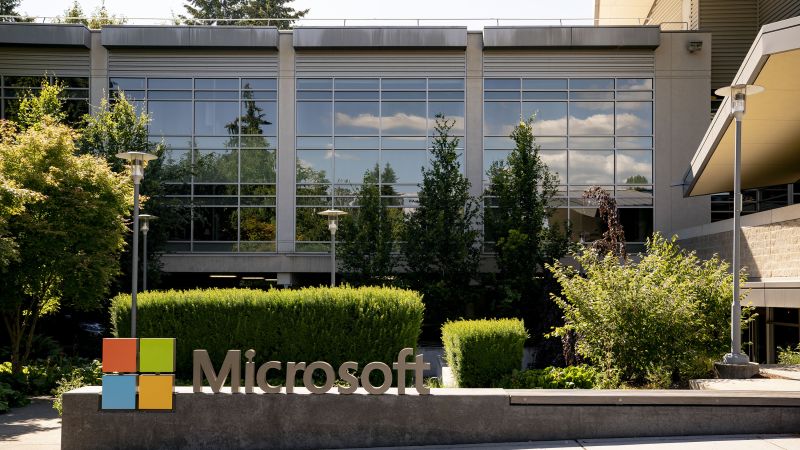
The FTC has launched a sweeping antitrust investigation into Microsoft, zooming in on its AI ventures. This scrutiny follows Microsoft's rocky partnerships with OpenAI and the bungled Activision Blizzard acquisition. With the presidential administration set to change FTC leadership soon, experts like Wedbush’s Dan Ives suggest Microsoft’s plunge might be more a friendly warning than a full-on crackdown. Meanwhile, Microsoft’s stock feels the squeeze, but there’s hope Big Tech’s dance with regulators could mellow in the near future.
Canadian News Titans Launch Legal Battle Against OpenAI
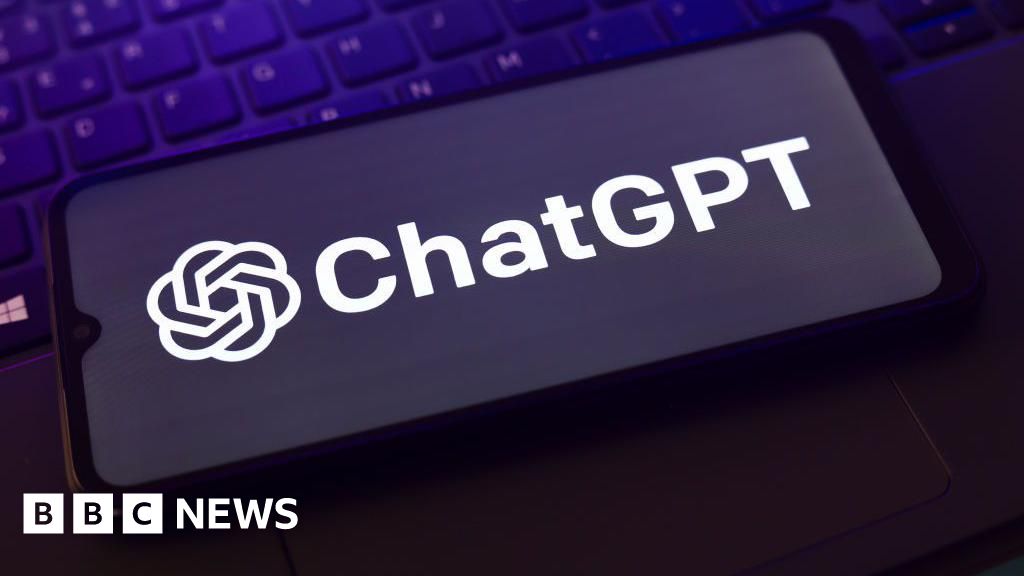
On November 30, 2024, major Canadian news outlets like the Toronto Star, CBC, and Globe and Mail sued OpenAI, accusing the company of illegally using their articles to train ChatGPT without permission. Seeking billions in damages and a halt to content usage, the coalition highlights copyright breaches amid rising AI-content conflicts. OpenAI defends its practices under fair use, sparking a heated debate reminiscent of U.S. lawsuits. Meanwhile, Canada's Online News Act continues to shape the AI-media landscape.
AMOC on the Brink: Climate's Undercurrent Crisis
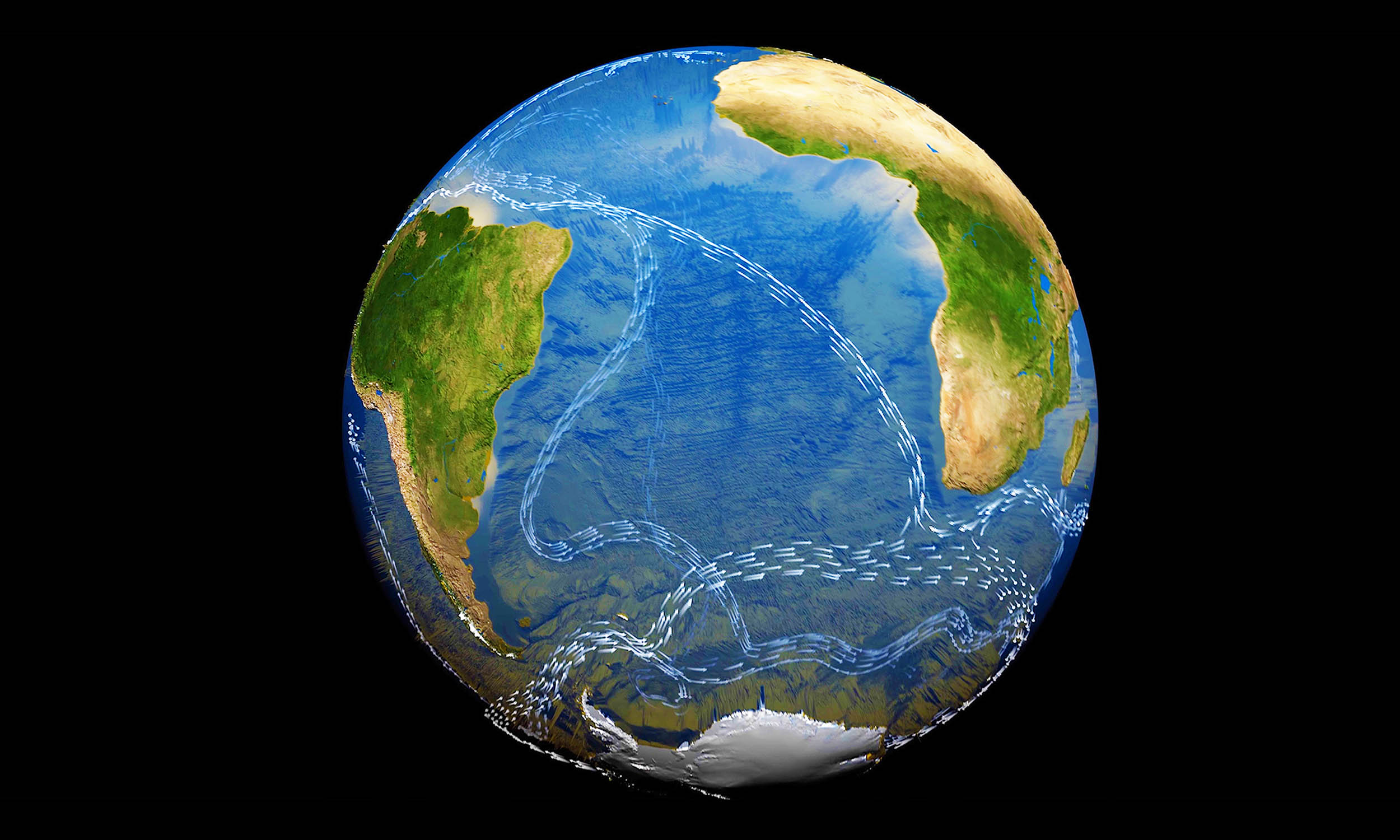
Breaking waves in climate science: A recent study warns the Atlantic Meridional Overturning Circulation (AMOC) could weaken by a staggering 33% by 2040, thanks to relentless greenhouse emissions and ice melt from Greenland and Canada. Since 1950, the AMOC has already declined by 15%, with a 12% drop from 2000-2020 alone. Europe braces for frostier winters and erratic weather, while global ecosystems reel. Scientists urge urgent emission cuts to avoid turning this slow drip into a climate deluge.
AI Tops Neuroscientists in Predicting Study Outcomes

In a groundbreaking 2024 study, UCL researchers unveiled BrainBench, a benchmark showing large language models (LLMs) predicting neuroscience experiment results with 81% accuracy—far surpassing the 63% achieved by human experts. Even more impressive, the specialized BrainGPT reached 86%! This suggests AI might soon aid in designing experiments and accelerating discoveries. As BrainBench validates LLM prowess, scientists may soon enjoy coffee breaks with their algorithmic colleagues, blending human insight with AI precision.
Busan Breakthrough on Plastic Treaty
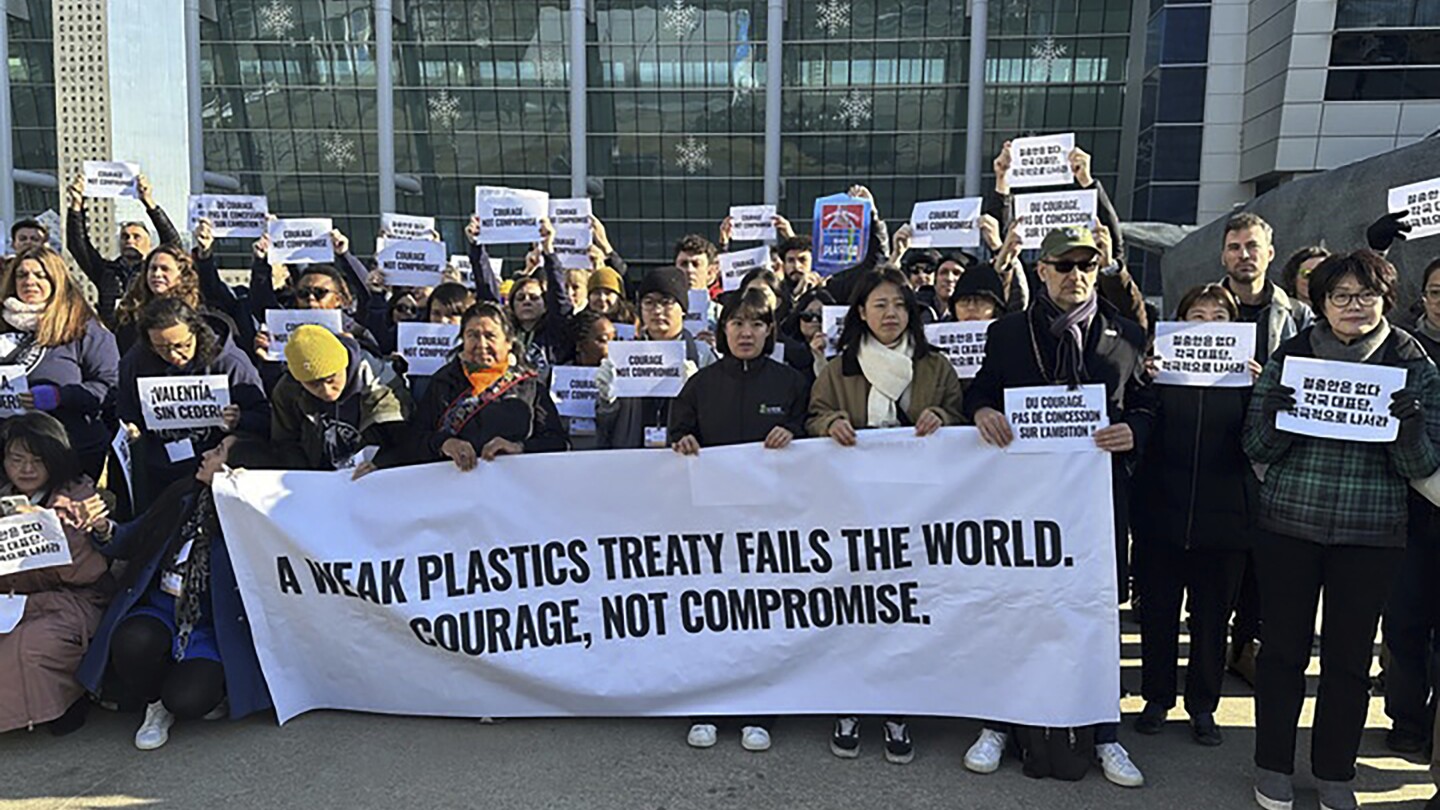
In Busan, South Korea, negotiators race to finalize a global plastic pollution treaty by December 2024. Panama’s proposal, championed by over 100 countries, seeks to curb plastic production without strict limits, sparking pushback from major producers and eco-advocates demanding tougher measures on harmful chemicals. With plastic waste expected to soar to 400 million tons by 2060 and recycling rates stuck at 9%, the clock is ticking for a sane, impactful agreement. Will the world plastic out or stick together?
Japan Invests $9.9B to Turbocharge Chips and AI

Prime Minister Shigeru Ishiba is supercharging Japan’s tech scene with an extra $9.9 billion this fiscal year, part of a grand ¥10 trillion ($66.6B) plan by 2030. The funds bolster Rapidus Corp, aiming for mass chip production by 2027, with $7B for next-gen R&D and $3.16B for local manufacturing. This strategic push battles US and China tech giants while addressing Japan’s aging population with AI-driven solutions. Fingers crossed Rapidus doesn’t short-circuit under the pressure!
Meta’s Deep Dive: $10B Subsea Cable Ambition

Meta is making waves with a $10 billion investment in its first fully owned subsea fiber-optic network, stretching over 40,000 kilometers. The 'W'-shaped route sidesteps geopolitical hotspots like the South China Sea, aiming for 320 Tbps capacity to support platforms handling 10% of fixed-line and 22% of mobile traffic globally. Construction kicks off now, expecting completion by 2034, with juicy details slated for early 2025. Looks like Meta’s surfing the data depths solo!
Ray-Ban Meta Shades Steal the Black Friday Show

This Black Friday, Ray-Ban and Meta drop their smart glasses at a record $239.20, slashing the base $299 price. Packed with a 12MP camera, Snapdragon AR1 chipset, and AI features like celebrity voices, they're a techie’s dream. Plus, enjoy a $90 credit at Amazon or Target. While prescription lenses cost extra, the sleek Wayfarer and Headliner styles promise comfort and flair. Hurry—these specs won’t stay discounted long!
AI Regulation Faces Political Crossroads
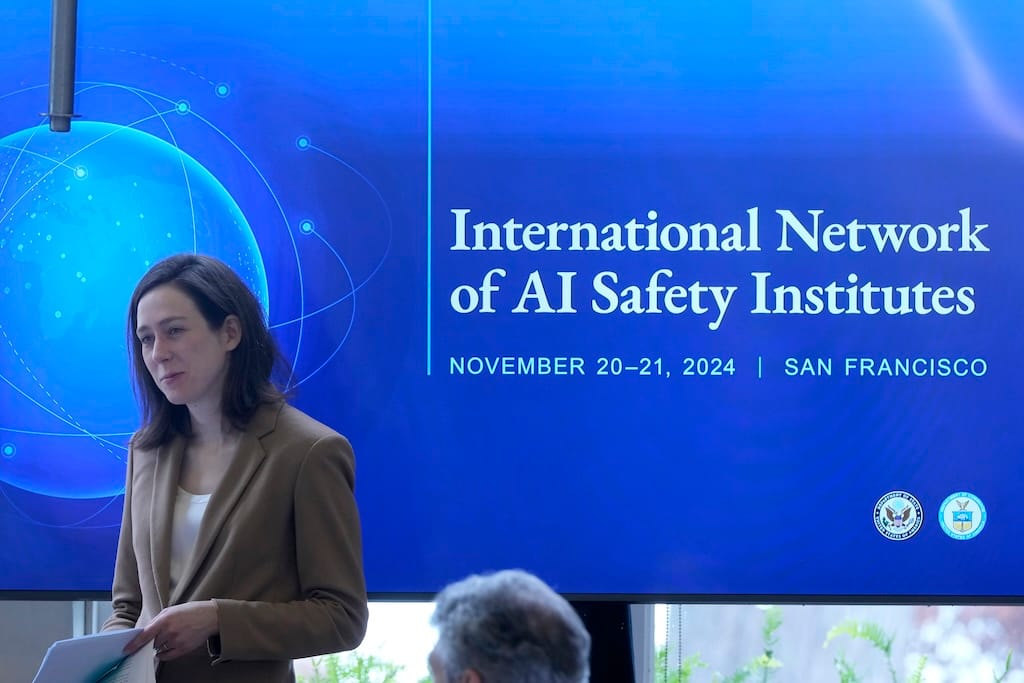
With Congress turning Republican in late 2024, AI regulation is on shaky ground. President-elect Donald Trump plans to nix Biden’s extensive AI Executive Order (EO 14110) from October 2023, which set over 100 safeguards for safe and equitable AI use. Federal agencies met EO deadlines by March, and AI inventories are due by December 16. Concerns mount about AI misuse in elections, though some bipartisan efforts remain. Will innovation trump regulation, or can safety still take center stage?
Retail AI Revolution: From $31B Today to $165B Tomorrow

The AI in retail market is turbocharging from $31.12B in 2024 to an eye-popping $164.74B by 2030, fueled by a 32% CAGR. North America leads the AI parade, with tech titans Microsoft, Google, and Amazon driving breakthroughs in inventory management and cybersecurity. By 2025, a whopping 80% of retail execs plan to adopt AI tools. It’s a smart move—enhancing customer experiences while keeping operations sleek. Who knew your next shopping spree would be so high-tech?
Tesla Charged for $2T Valuation Ride
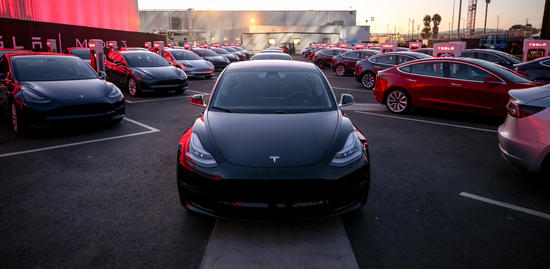
Wedbush’s Dan Ives boldly predicts Tesla could zoom to a $2 trillion valuation in the next 12-18 months, thanks to AI breakthroughs, autonomous driving, and the futuristic Cybercab slated for 2027. A potential Trump administration might clear regulatory hurdles, turbocharging Tesla’s self-driving ambitions valued at $1T alone. With Tesla’s stock soaring 64% this month and a new $400 price target, Elon Musk’s electric dreams are sparking both excitement and envy in the EV race.
Naujienlaiškis „Aida Daily"
Your AI-curated daily news briefing, spotlighting the latest in technology and global development. Stay informed with insights that matter.